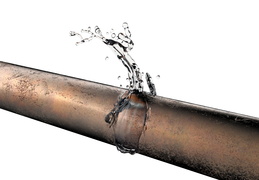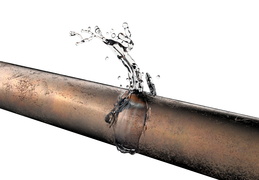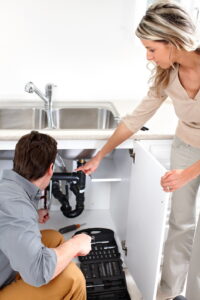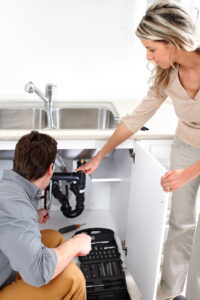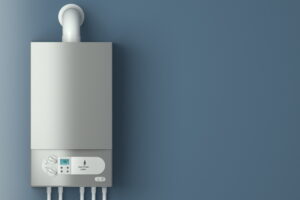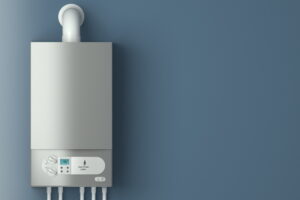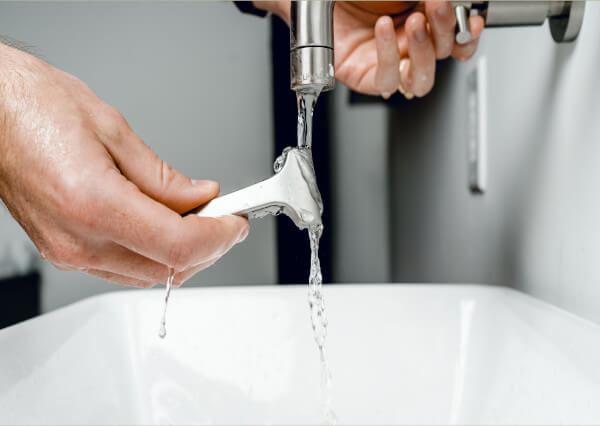
A toilet that won’t flush is frustrating, but here’s the good news: It’s probably an easy fix.
Our team of experts at Len The Plumber has put together the following guide to the most common reasons a toilet won’t flush. Depending on the issue with your toilet, you may be able to solve the problem yourself without needing to call a plumber.
The Lift Chain Has Too Much Slack
If you push down the handle and feel no resistance, the lift chain inside the tank, which connects to the flapper and releases water, has probably shifted, resulting in too much slack on the chain.
Solution: Remove the tank lid and shorten the length of the lift chain until there’s no longer slack between the flapper and the handle.
The Toilet Is Clogged
If someone in your family used too much toilet paper, dropped an item like a toy into the bowl, or flushed a sanitary product, a clogged toilet is almost inevitable.
Solution: You might be able to fish out items like toys on the surface. However, for absorbent materials, such as sanitary products or diapers, try to plunge out the clog or use a toilet brush to clear it.
The Water Level Is Low
When there isn’t enough water in the bowl, your toilet can’t flush. The float ball in your tank might have been misadjusted — signaling to your toilet that there is not enough water to flush properly.
Solution: Lift open the tank lid. The float ball should be floating 1 to 2 inches below the overflow tube and fill valve. There might also be a line etched into the porcelain indicating what level the float ball should stay at. Adjust the float ball to remain at that level.
The Flapper Is Warped
If you notice your toilet is running often, the flapper might be warped. The flapper is connected to the lift chain and opens when you press the toilet handle. Over time, a rubber flapper can bend or warp, making it unable to seal the flush tube hole and release water to flush the toilet.
Solution: Purchase a new flapper at a hardware or home improvement store. They are inexpensive and easy to find. Turn off your water main, drain the toilet tank, and replace the warped flapper with the new flapper. Turn your water back on and try flushing the toilet again.
There’s a Drain Line or Sewer Problem
If you’ve tried all of the above fixes and your toilet still won’t flush, it’s probably time to call a professional to check your plumbing and sewer system for major backups. The biggest sign that you have a drain line or sewer system issue is when there are clogged drains throughout your home, not just in your toilet.
Solution: Call a licensed plumber who has the tools and expertise to find clogs without needing to remove pipes. When there’s a drain line or plumbing issue, the problem is no longer something that a DIY solution can fix. Your plumbing professional will probably use video pipe inspection as well as long-reaching augers to make the necessary repairs.
Call Len The Plumber for Plumbing Repairs in the Mid-Atlantic Region
If you live in the Mid-Atlantic region and would rather a professional take a look at your toilet, contact Len The Plumber. Our expert, licensed plumbers have the experience and expertise to provide same day service, seven days a week.
Call Len The Plumber today at (800) 950-4619(800) 950-4619 or contact us online, and we’ll send a certified plumber to fix your toilet as soon as possible.

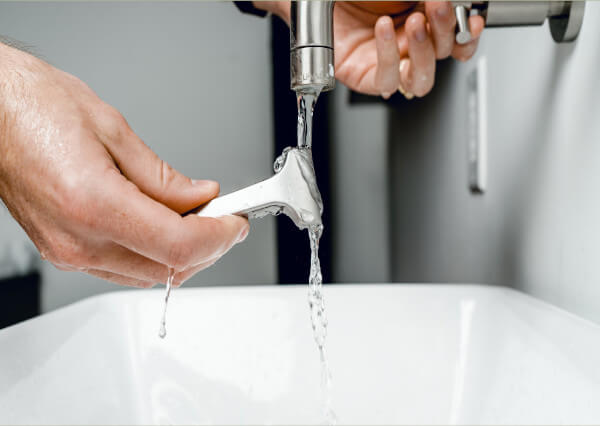
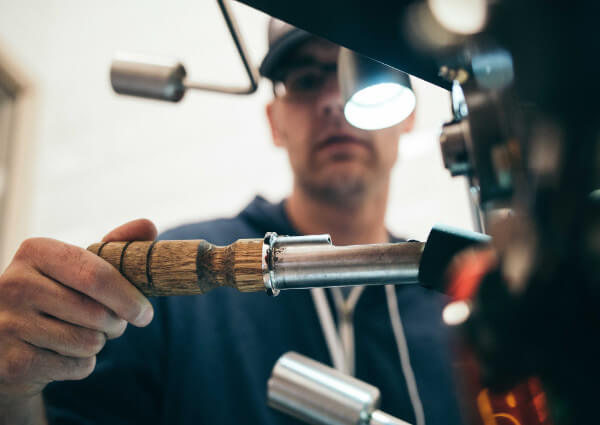
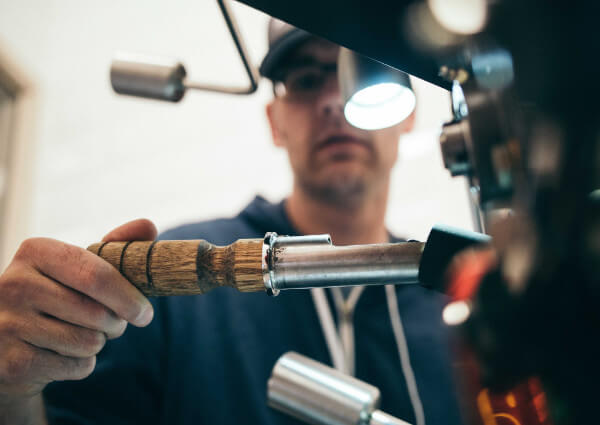 When we talk about water heaters with our homeowners, we’re often surprised by the way they think of it. If you’re taking your water heater for granted, we want today to be the last day you do so. Your home’s water heater is one of the hardest working and most important systems that you have in your home. This is because you use your water heater daily and heavily. It’s the system you’re relying on to take a shower, wash your dishes, and wash your clothes. If you need great
When we talk about water heaters with our homeowners, we’re often surprised by the way they think of it. If you’re taking your water heater for granted, we want today to be the last day you do so. Your home’s water heater is one of the hardest working and most important systems that you have in your home. This is because you use your water heater daily and heavily. It’s the system you’re relying on to take a shower, wash your dishes, and wash your clothes. If you need great 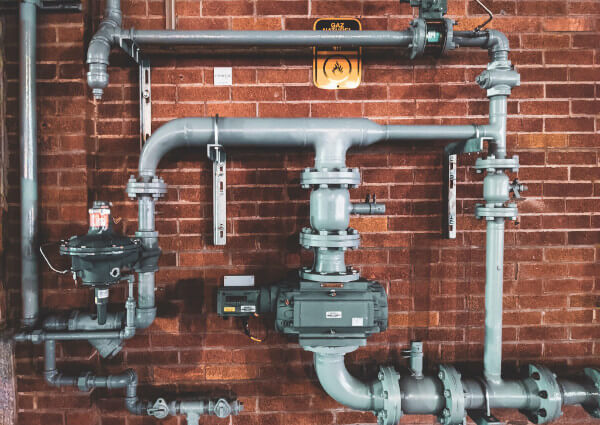
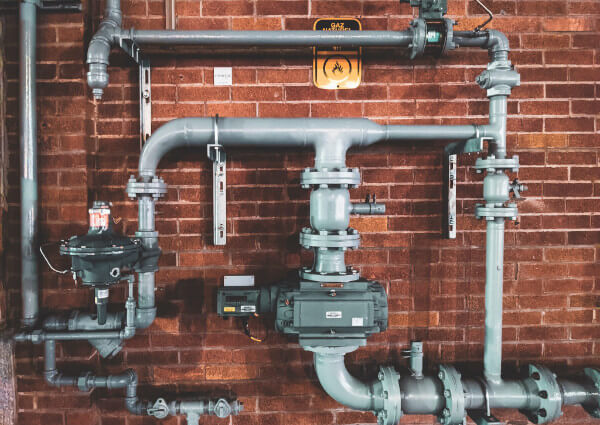 According to a study done at the University of Scranton, of the 45% of people who make New Year’s resolution, only 8% successfully achieve their goals. While this number is quite low, we’re encouraging all of our customers (new and old) to at least consider our New Year’s resolutions. This year we hope you consider the following resolutions:
According to a study done at the University of Scranton, of the 45% of people who make New Year’s resolution, only 8% successfully achieve their goals. While this number is quite low, we’re encouraging all of our customers (new and old) to at least consider our New Year’s resolutions. This year we hope you consider the following resolutions:
 Garbage disposals are the power horse of the average kitchen. They suck away food waste, slurp up flat soda, and in general help make homes a little less wasteful and a little more eco-friendly.
Garbage disposals are the power horse of the average kitchen. They suck away food waste, slurp up flat soda, and in general help make homes a little less wasteful and a little more eco-friendly.
 If we had to guess, we would say that it’s unlikely you think about your plumbing drains too often. That’s okay! Most folks don’t think about them at all—that is, until they have a stubborn clog or a smelly sink.
If we had to guess, we would say that it’s unlikely you think about your plumbing drains too often. That’s okay! Most folks don’t think about them at all—that is, until they have a stubborn clog or a smelly sink.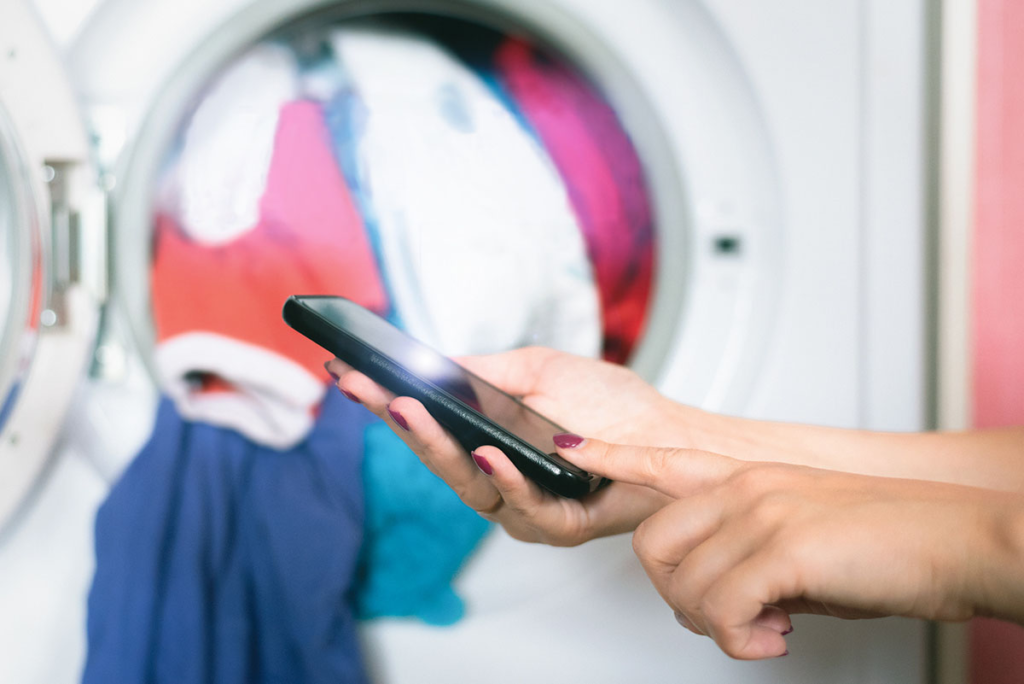
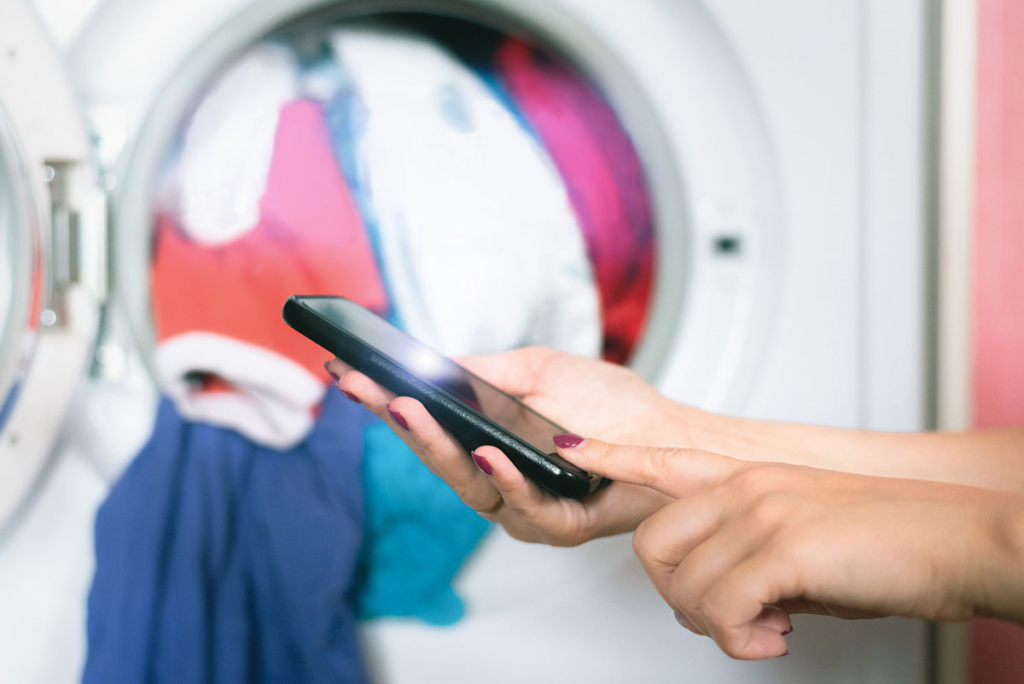
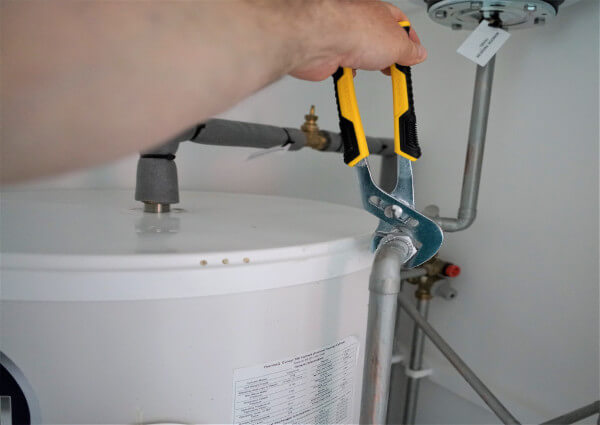
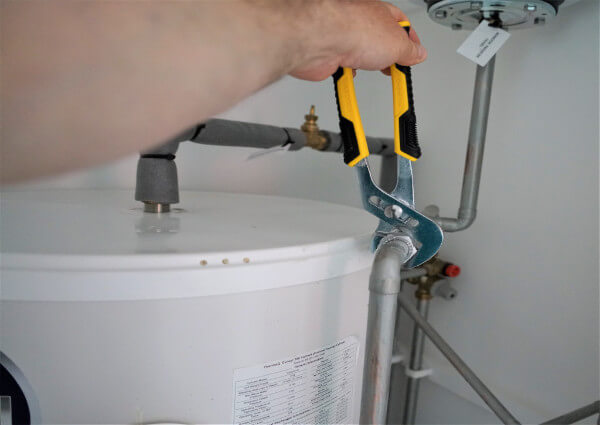 Scheduling water heater maintenance for your system might not be at the top of your to-do list, but there are many reasons why it should be. Professional water heater maintenance provides homeowners with numerous system benefits that they wouldn’t experience otherwise. Read on to discover the benefits you’re missing out on if you don’t
Scheduling water heater maintenance for your system might not be at the top of your to-do list, but there are many reasons why it should be. Professional water heater maintenance provides homeowners with numerous system benefits that they wouldn’t experience otherwise. Read on to discover the benefits you’re missing out on if you don’t 